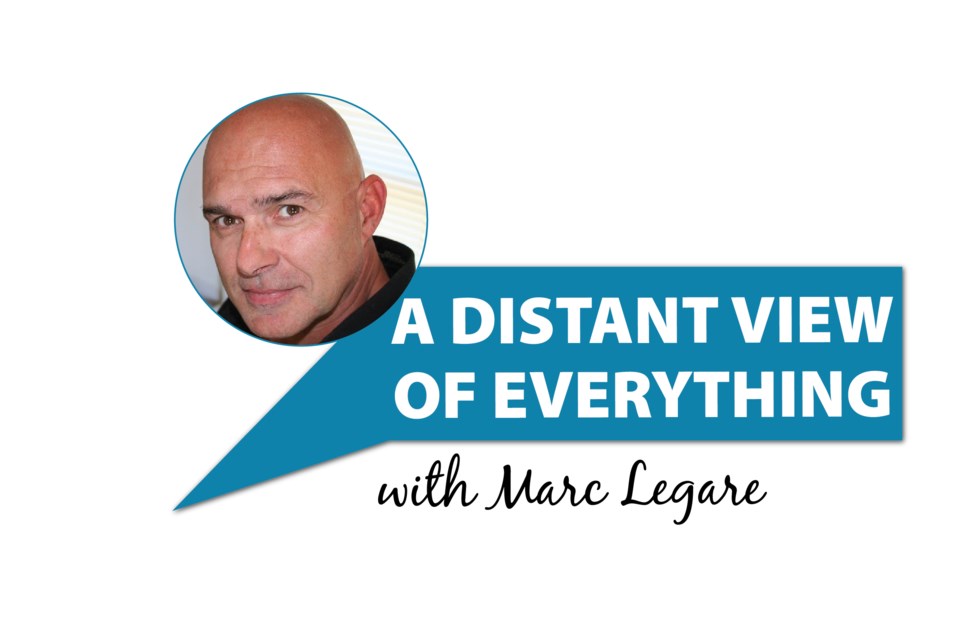Marc Legare is a philosopher and motorcycle adventurist.
He has travelled extensively, worked and lived in Australia, US, and across Canada.
He has a varied working career including: Firefighter, Lawyer, Navy, Motorcycle Importer, plus others.
He chose to return to southern Saskatchewan because of his family's deep roots here.
A person's values are generally held to be the same as their morals. That is erroneous. The values a person has is markedly distinct from their morals. Most of us mistakenly lump them together, to our detriment. We seldom validate the glaring difference between the two. Morals are immutable, whereas our values are the tangible importance or "weight" each of us applies to a given situation, action, or moral dilemma.
Values need not be tied to morality alone. For instance, a person that spends most of their time in solitary pursuits such as reading or studying is said to "value" their solitude. On the other hand, a gregarious person who seeks out a great deal of social interactions is contended to "value" interpersonal relationships. There is no moral right or wrong about it. However, their values can be seen in the everyday choices they make and how they live their life.
Morality is a different animal. We all have the same basic morals, or at least claim to. A short list of them is trite and easy to lay down. Stealing, lying, and cheating are just a few things we collectively believe are indisputable and defend that premise. Yet individually we place varying weight or priority on each of them.
For instance, lying is considered wrong but there are wildly differing values people place on when and why lying is a reasonable transgression. In other words, how "significant" is it under differing circumstances. A light-hearted but salient case-in-point is when a wife asks her husband, "Does this outfit make me look fat?" That minefield of a question is when morals and values can collide. Lying is not moral, but neither is hurting someone's feelings needlessly. The real question is which does an individual "value" more in that case?
This simple illustration shows that our values are applied to our moral decisions. Some will place a higher significance on telling the truth while another will honor not hurting someone's feelings more. Our morals tell us that lying is bad, but our personal values put varying weight on the importance of doing so in a given situation.
How does mentally separating the two help in our day to day lives? One positive thing is it aids us in better understanding the motives of others, helping us to be slower to call someone unethical. Many are accused of being immoral when they are merely placing a different value on a moral under certain circumstances, even though they support the underlying principle.
The next time we are discussing a moral issue with someone, it might be good to ask a simple question; "How much do you value that moral and why?" In doing so, we may begin to be more tolerant and that could actually lead to less disagreements. Furthermore, asking that question may make us rethink our own hierarchy of values.
Surprisingly, the final word goes to Elvis Presley, a man of amazing musical talent but not generally known for philosophical thought. He stated; "Values are like fingerprints. Nobody's are the same, but you leave them all over everything you do."
The views and opinions expressed in this article are those of the author, and do not necessarily reflect the position of this publication.




